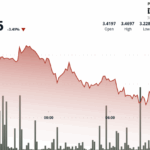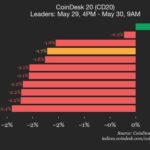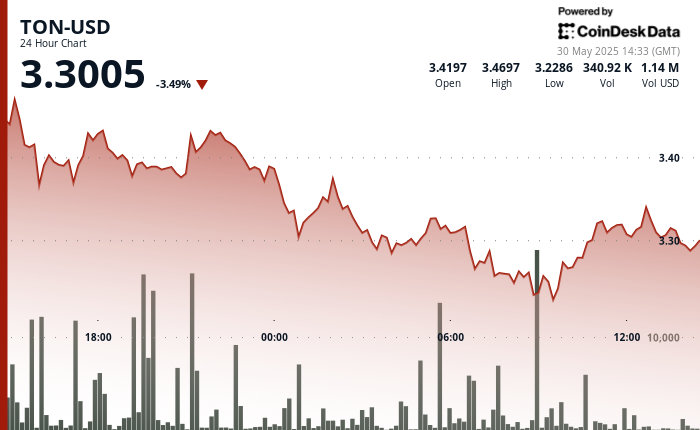
Bipartisan legislators introduce the CLARITY Act, transferring crypto spot regulation to the CFTC.
House Financial Services Committee Chairman French Hill proposed the Digital Asset Market Clarity Act on May 29, a bipartisan initiative aimed at establishing a cohesive federal framework for most cryptocurrencies while delineating the responsibilities under securities law and commodity regulation.
The extensive 249-page legislation introduces definitions for terms such as “digital commodity,” “investment-contract asset,” “mature blockchain system,” and “permitted payment stablecoin,” and proceeds to modify the Securities Act, Exchange Act, and Commodity Exchange Act to incorporate these definitions.
Hill described the initiative as providing essential clarity for the digital asset environment, with the goal of presenting it to President Trump to enhance the United States’ leadership in the field of digital assets.
Framework details
Token offerings may benefit from a four-year safe harbor if their underlying network is deemed “mature” and the total amount raised by the issuer remains under $75 million in a twelve-month period.
After receiving certification, subsequent trades by entities other than the issuer are exempt from securities regulation, thereby addressing the uncertainties associated with Howey’s test in exchange listings.
Spot trading, brokerage, and custody of digital commodities would fall under the singular jurisdiction of the Commodity Futures Trading Commission (CFTC), while maintaining shared oversight for hybrid products that encompass securities.
At the Securities and Exchange Commission (SEC), trading systems and broker-dealers focusing exclusively on digital commodities would need to submit a notice instead of applying for a new license.
In contrast, cryptocurrency trading platforms must secure provisional CFTC registration within a 180-day timeframe and affiliate with a self-regulatory organization. Moreover, the legislation exempts regulated payment stablecoins from commodity regulations and incorporates crypto intermediaries into the requirements of the Bank Secrecy Act.
Bipartisan backing
Chairman of the Agriculture Committee, G.T. Thompson, emphasized that the bill provides the assurance needed by entrepreneurs and markets alike.
House Majority Whip Tom Emmer referred to the legislation as a “bold step” to ensure that the future of the internet remains within the US.
Chairs of the digital-asset subcommittee, Bryan Steil and Dusty Johnson, contended that the act “democratizes” access and equips markets with the necessary clarity for growth.
Ohio Republican Warren Davidson highlighted protections for self-custody and transaction liberty, indicating his commitment to achieving statutory clarity since 2018.
Democratic co-sponsors Angie Craig, Ritchie Torres, and Don Davis presented the bill as a consumer-protection and inclusivity measure, with Craig emphasizing the need for “rules of the road for businesses” and Torres noting that it fills existing regulatory voids.
This proposal follows a discussion draft released on May 5 and a bipartisan roundtable the following day that engaged industry and academic stakeholders in examining the core ideas.
The House Financial Services and Agriculture committees plan to conduct joint markups before advancing the bill to the full House for consideration.
Subsequently, House leaders will arrange committee votes, paving the way for the proposal to move to the entire chamber for deliberation.



















Post Comment